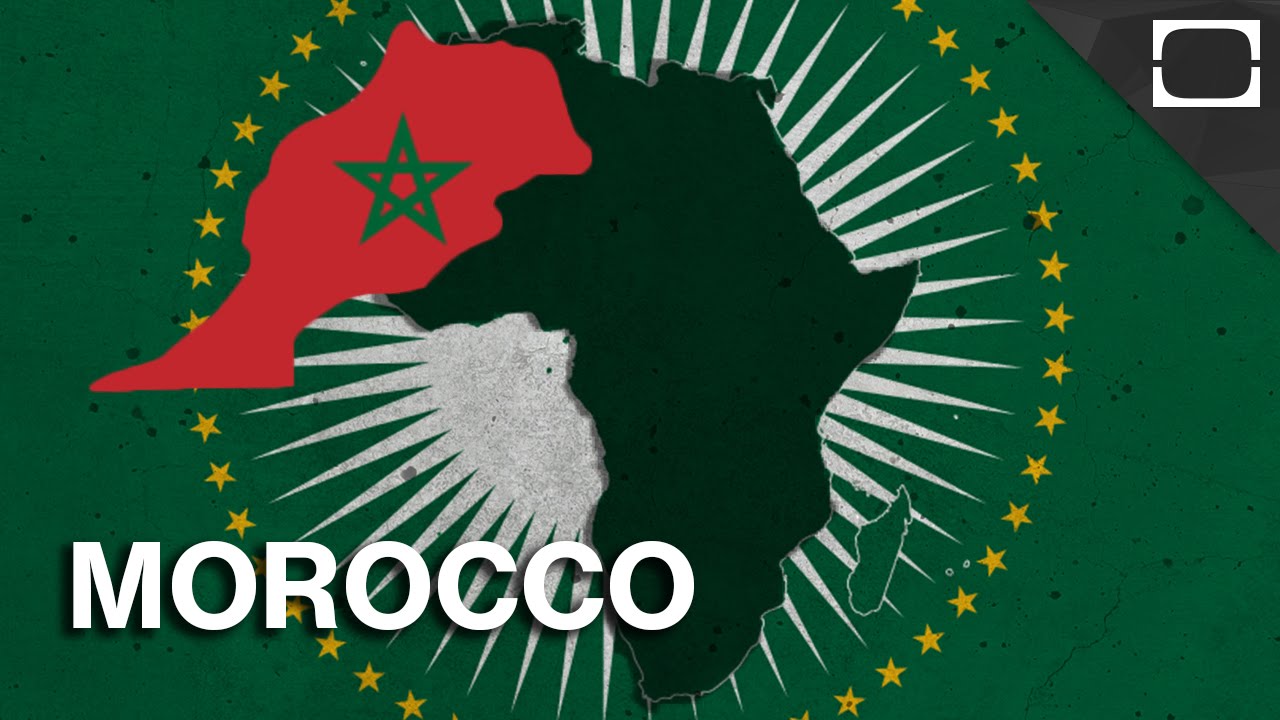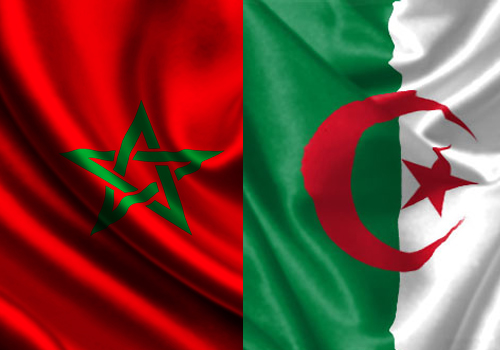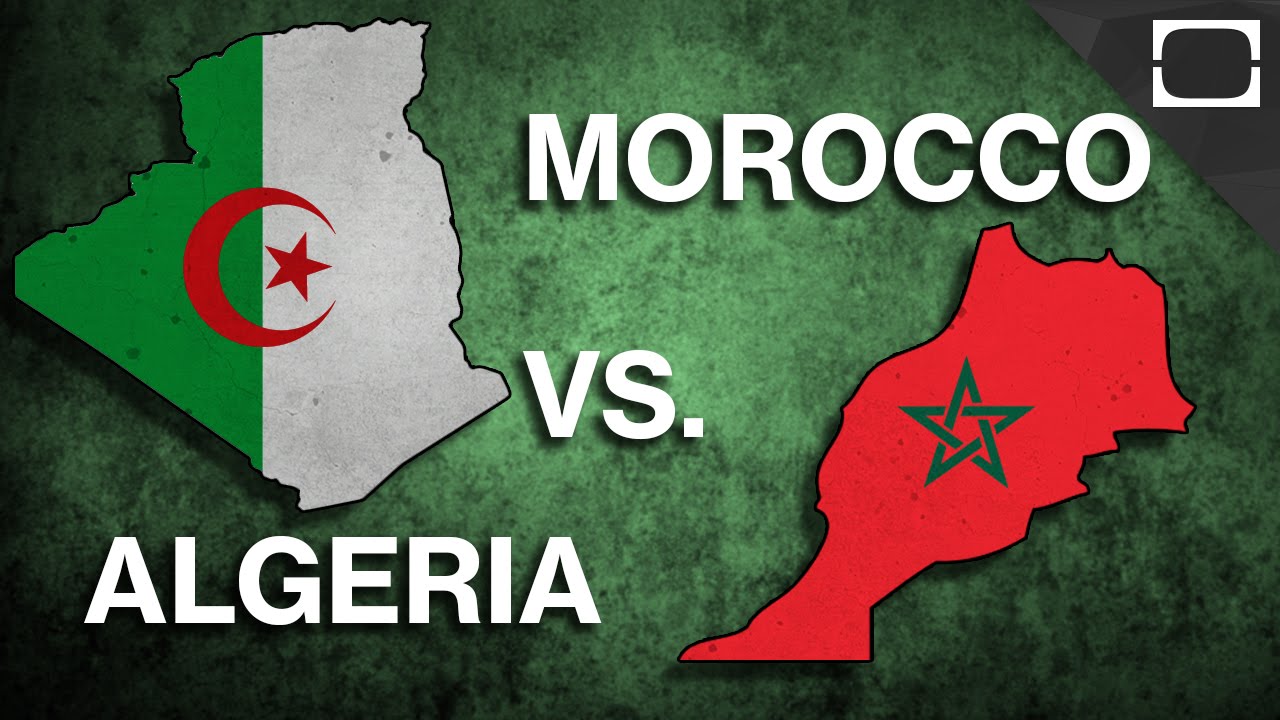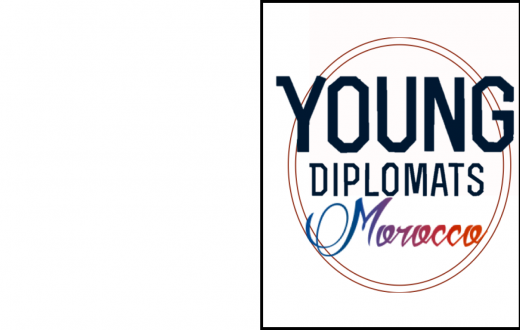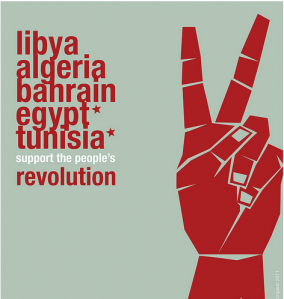Morocco and the African Union: Brothers without Strategic Partnership
In counterproductive step during a recent African Union summit in Rwanda, the Moroccan king Mohammed VI has declared that his country wants to return to the African Union; after a 32-year of absence from the OAU, in a lengthy letter to the 27th Summit of the African Union, held in Kigali, in July 2016.
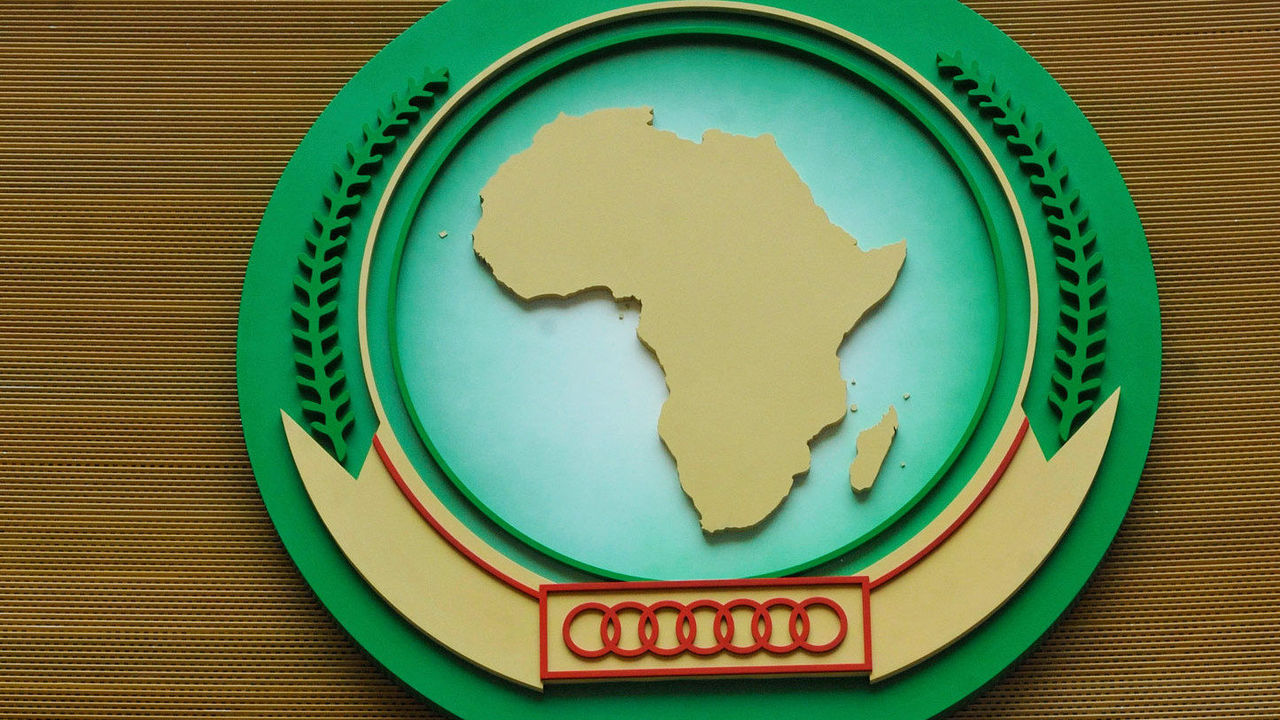
New dawn in strategic partnership
King Mohammed VI said that it was time for Morocco to retake its place. “For a long time our friends have been asking us to return to them so that Morocco can take up its natural place within its institutional family.” He stressed in a speech to African leaders as they began a two-day meeting. “Morocco’s return to the AU has a strategic objective, both politically and diplomatically, as its relations with the European Union and with the United States have taken a different turn.” Hicham Ras, researcher at the Moroccan House of Words Institute.
The King said that Morocco which withdrew from the OAU, has never quit Africa. It simply left an institution in 1984, in very special circumstances, stressing the fact that Morocco’s passionate relationship with the continent explains why the recognition of the SADR was understandably too hard for the Moroccan people to accept. Morocco has refused to join the AU unless the AU freezes or withdraws the SADR membership. In exclusive interview with a high ranking Moroccan diplomat in Chad, told Africa News Agency that Morocco is a founding member of the African Union, however, Morocco was forced to leave the organization in 1984, “Morocco cannot give Africa conditions to return home, yet, Morocco will never accept a pseudo state within the African Union”, he stressed.
Reunite Africa and transcend imbalances and divisions
Morocco’s return to the AU has left many observers wonder why Morocco really wants to return to the AU at this particular time – such a decision raises many questions about the implications of Morocco’s return towards the Western Sahara membership within the Union.
“We have realized that there are lots of divisions within the AU. Therefore, Morocco wants to work within the AU in order to reunite Africa and transcend imbalances and divisions.” A high ranking Moroccan diplomat in N’Djamena said.
Some observers are likely to believe that such procedures associated with Morocco’s decision to return to the AU were not newly born; Morocco took years preparing for such return, with the participation of some important countries in the continent, such as Senegal, Ivory Coast and Gabon.
Africa is the new strategic depth for Morocco
It seems obvious from the intensive visits of King Mohammed VI to a number of sub-Saharan countries that Morocco is trying to build new African strategic partnerships, through its heavily investment in mining, agriculture, banking, telecommunications, insurance, transport, energy, etc. “Morocco has a long presence in Africa, our strategic depth in Africa, built on historical and religious relations, we are now promoting an important economic revolution in Africa, Africa shall be a prosperous continent.” a high ranking Moroccan diplomat in N’Djamena said in this interview.
There is sound economic logic to the way Morocco is seeking to take advantage of its economic and cultural weight in the continent, in order to support its autonomy proposal for the SADR, which will be available only if Rabat puts an end to the empty seat policy that did not seem to work for decades. “We shouldn’t talk of a return, but rather of an adhesion. Morocco has very close relations with many African countries out of headquarters of the AU. Such as Senegal, Ivory Coast, Mali and mainly Gabon have had very successful diplomatic and strategic relations with Morocco at different levels. And I think that Morocco has rather a strategic wish to take part in the global issues that will shape the Africa of tomorrow, namely the migration issue, the fight against terrorism and climate change.”
Understanding differences and finding common ground
Perhaps the time has come for Morocco to play its last African game, using its African identity for south-south economic cooperation. “Africa is a huge continent with its vital forces, its resources and potentialities. It must take charge of itself, it is no longer a continent colonized, and this is why Africa should trust Africa.” King Mohammed VI told a business conference in Cote D’Ivoire in February 2016.
“This is what all the African states look for. Morocco is mostly aware of the continent-wide challenges facing its stability and threatening its development. It is a kind of obligation to look for common ground. The problems taking place in the Sahel, or the fluxes of migration and even climate change related issues are all concrete examples of intra-continental problems to be tackled with a common ground approach.” Ras said.
Morocco’s return to the AU would need to be validated by a vote of two-third majority. The nearest exit scenario will probably be the re-activation of Morocco membership as an AU member state.
The Western Sahara case
The Western Sahara case is also the main point of contention between Morocco and Algeria, which supports the Polisario Front. According to the Moroccan diplomat in N’Djamena; Algeria can play a vital role in the search for peace and solve the problem “Algeria can solve the contention just within 24 hours. Our people share common values, deep links among our citizens, and deeply rooted ties with tribes and families between the Moroccan-Algerian borders. But unfortunately the ruling class in Algeria does not want to.”
“Africa of 1984 was different. It was more ideological and undemocratic. Today, there is a new generation which is more pragmatic, which got rid of its ideological considerations.” Ras said.
Surely that Morocco’s return to the AU should project an excellent image of the continent. However, the stunning question that we still waiting for its answer from the next AU summit is that; is it the right time for the AU member states to stop burying their heads in the sand of the Western Sahara and promote integration policies instead? Or could Morocco’s return dangerously split the fragile union?

